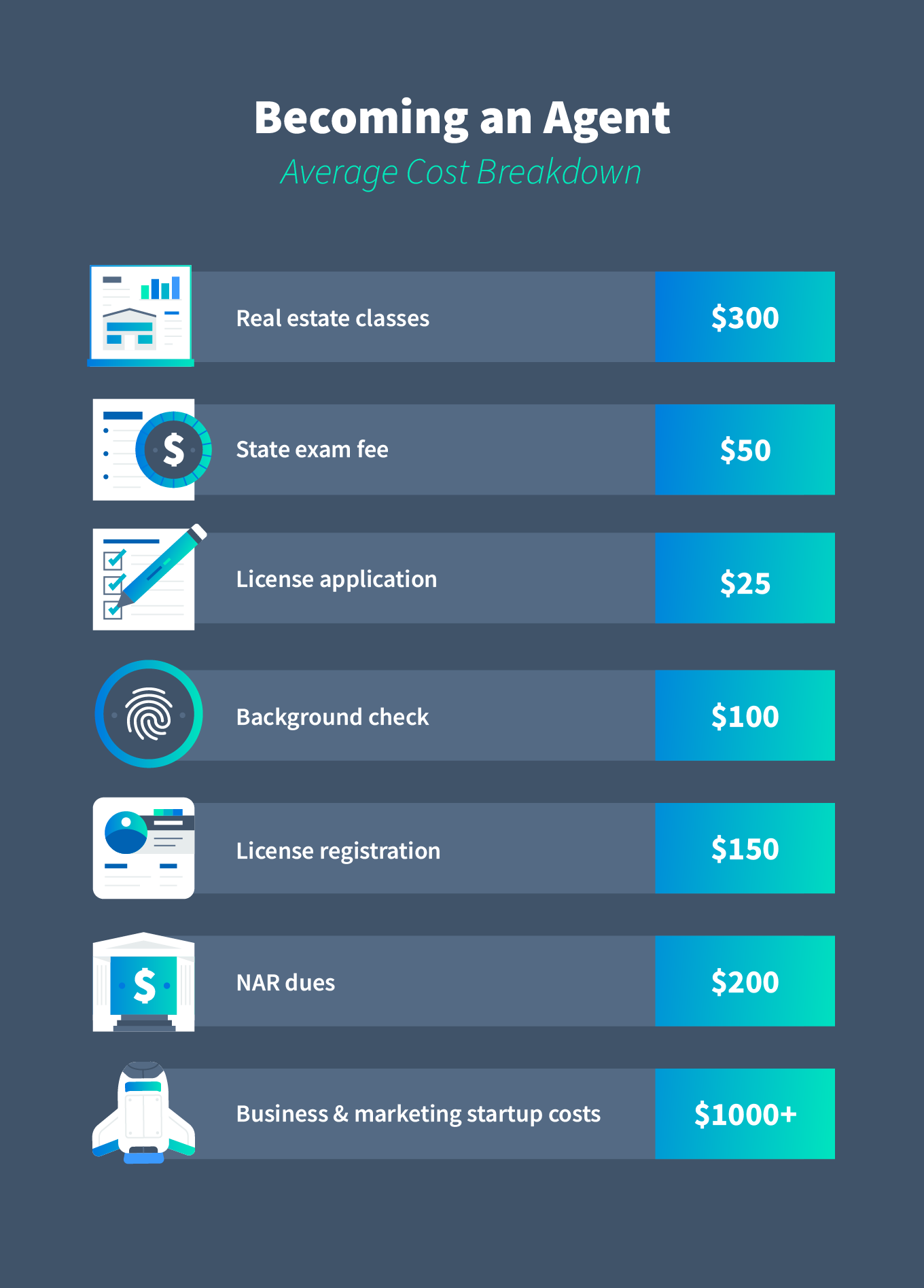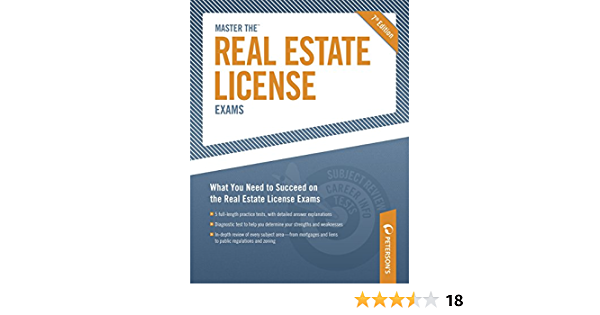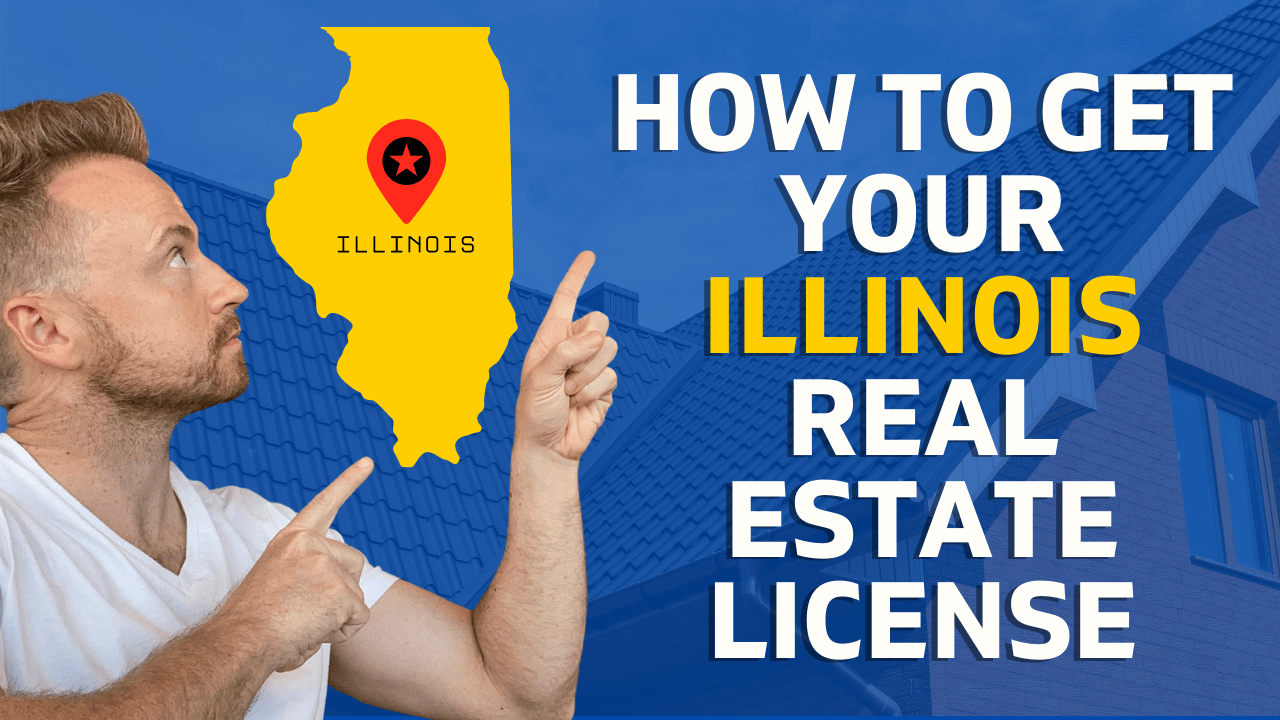
Out-of-state real estate investment can be a great option to diversify you portfolio. You can lower your risk while increasing your ROI by buying properties in diverse markets. However, it is important to consider all the pros and cons before making this decision.
People who want to purchase property outside of the state are able to do so if they don't want to deal with all the daily responsibilities that comes with being a landlord. Many people hire property managers to manage their investments and maximize their cash flow.
Roofstock, a site that provides information about the market for out-of-state investment properties, will help you find out more. This site will provide you with data about rent prices and appreciation rates in the area. This site also allows you to look at other factors that can be important when investing in out-of state rental properties, such as the growth of the population and job opportunities.

A vibrant market is an important factor when it comes to out of state real estate investing. You should look for areas that have a high demand for rental homes and above-average appreciation rates. This will increase your ROI and help ensure that your out-of state rental property appreciates quickly.
It is important to assess your financial situation before purchasing state property. This includes whether or not you can afford to own a rental property in another part of the country. A professional real estate agent is recommended before you make any out-of-state purchases. Also, avoid investing too much in a property as this could affect your ability later to repay the mortgage.
The best reason to invest in real estate outside of your home state is the possibility of a greater return than what you would get from buying property in your hometown. This can be due a higher housing value, lower taxes and higher appreciation in other areas.
There are also a few other advantages to owning a property in an out of state market, including the ability to sell or rent it out to tourists who wish to visit that region for a vacation. This can be especially helpful if you live in an expensive state or are planning to retire early and want to use your house as a vacation home.

You can also join a realty syndication to pool your funds and get out of state investments. These large real estate assets are often bought by a group of investors.
The main reason that people choose to invest outside the state is to avoid paying high property taxes. This is especially true when housing costs are high or financing is difficult.
FAQ
How do I calculate my rate of interest?
Market conditions can affect how interest rates change each day. The average interest rate during the last week was 4.39%. The interest rate is calculated by multiplying the amount of time you are financing with the interest rate. Example: You finance $200,000 in 20 years, at 5% per month, and your interest rate is 0.05 x 20.1%. This equals ten bases points.
Can I buy my house without a down payment
Yes! There are programs available that allow people who don't have large amounts of cash to purchase a home. These programs include government-backed mortgages (FHA), VA loans and USDA loans. More information is available on our website.
How long does it take for my house to be sold?
It all depends on several factors such as the condition of your house, the number and availability of comparable homes for sale in your area, the demand for your type of home, local housing market conditions, and so forth. It can take from 7 days up to 90 days depending on these variables.
What is a "reverse mortgage"?
A reverse mortgage lets you borrow money directly from your home. It allows you to borrow money from your home while still living in it. There are two types to choose from: government-insured or conventional. If you take out a conventional reverse mortgage, the principal amount borrowed must be repaid along with an origination cost. FHA insurance covers your repayments.
What are the 3 most important considerations when buying a property?
The three main factors in any home purchase are location, price, size. Location is the location you choose to live. Price is the price you're willing pay for the property. Size refers to how much space you need.
Statistics
- 10 years ago, homeownership was nearly 70%. (fortunebuilders.com)
- The FHA sets its desirable debt-to-income ratio at 43%. (fortunebuilders.com)
- It's possible to get approved for an FHA loan with a credit score as low as 580 and a down payment of 3.5% or a credit score as low as 500 and a 10% down payment.5 Specialty mortgage loans are loans that don't fit into the conventional or FHA loan categories. (investopedia.com)
- When it came to buying a home in 2015, experts predicted that mortgage rates would surpass five percent, yet interest rates remained below four percent. (fortunebuilders.com)
- This seems to be a more popular trend as the U.S. Census Bureau reports the homeownership rate was around 65% last year. (fortunebuilders.com)
External Links
How To
How to Manage a Property Rental
While renting your home can make you extra money, there are many things that you should think about before making the decision. We'll help you understand what to look for when renting out your home.
Here are the basics to help you start thinking about renting out a home.
-
What is the first thing I should do? Consider your finances before you decide whether to rent out your house. If you have any debts such as credit card or mortgage bills, you might not be able pay for someone to live in the home while you are away. Your budget should be reviewed - you may not have enough money to cover your monthly expenses like rent, utilities, insurance, and so on. It may not be worth it.
-
What is the cost of renting my house? There are many factors that influence the price you might charge for renting out your home. These include factors such as location, size, condition, and season. It's important to remember that prices vary depending on where you live, so don't expect to get the same rate everywhere. Rightmove shows that the median market price for renting one-bedroom flats in London is approximately PS1,400 per months. This means that you could earn about PS2,800 annually if you rent your entire home. While this isn't bad, if only you wanted to rent out a small portion of your house, you could make much more.
-
Is it worth it. Doing something new always comes with risks, but if it brings in extra income, why wouldn't you try it? Before you sign anything, though, make sure you understand exactly what you're getting yourself into. Not only will you be spending more time away than your family, but you will also have to maintain the property, pay for repairs and keep it clean. These are important issues to consider before you sign up.
-
What are the benefits? It's clear that renting out your home is expensive. But, you want to look at the potential benefits. Renting your home is a great way to get out of the grind and enjoy some peace from your day. It's more fun than working every day, regardless of what you choose. If you plan ahead, rent could be your full-time job.
-
How can I find tenants? After you have made the decision to rent your property out, you need to market it properly. Online listing sites such as Rightmove, Zoopla, and Zoopla are good options. After potential tenants have contacted you, arrange an interview. This will help you assess their suitability and ensure they're financially stable enough to move into your home.
-
How can I make sure that I'm protected? If you don't want to leave your home empty, make sure that you have insurance against fire, theft and damage. In order to protect your home, you will need to either insure it through your landlord or directly with an insured. Your landlord will likely require you to add them on as additional insured. This is to ensure that your property is covered for any damages you cause. If your landlord is not registered with UK insurers, or you are living abroad, this policy doesn't apply. You will need to register with an International Insurer in this instance.
-
You might feel like you can't afford to spend all day looking for tenants, especially if you work outside the home. But it's crucial that you put your best foot forward when advertising your property. It is important to create a professional website and place ads online. You'll also need to prepare a thorough application form and provide references. Some people prefer to do the job themselves. Others prefer to hire agents that can help. Either way, you'll need to be prepared to answer questions during interviews.
-
What should I do once I've found my tenant? If you have a lease in place, you'll need to inform your tenant of changes, such as moving dates. You may also negotiate terms such as length of stay and deposit. You should remember that although you may be paid after the tenancy ends, you still need money for utilities.
-
How do you collect the rent? When it comes to collecting the rent, you will need to confirm that the tenant has made their payments. If they haven't, remind them. After sending them a final statement, you can deduct any outstanding rent payments. You can always call the police to help you locate your tenant if you have difficulty getting in touch with them. They won't normally evict someone unless there's been a breach of contract, but they can issue a warrant if necessary.
-
What are the best ways to avoid problems? Although renting your home is a lucrative venture, it is also important to be safe. Consider installing security cameras and smoke alarms. You should also check that your neighbors' permissions allow you to leave your property unlocked at night and that you have adequate insurance. Finally, you should never let strangers into your house, even if they say they're moving in next door.